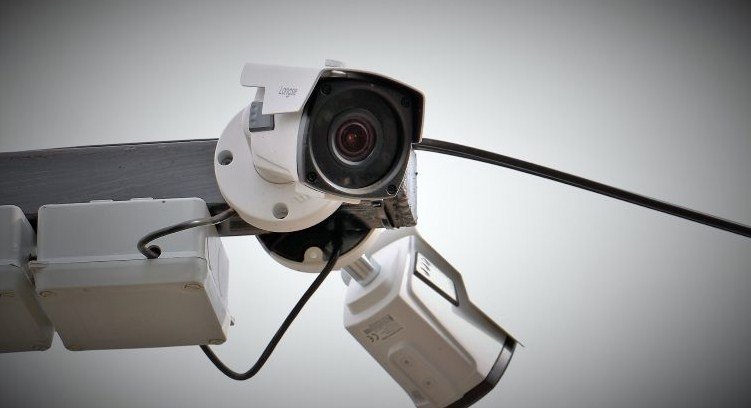Surveillance technology, such as facial recognition, biometric scanning, and data mining, is becoming more advanced and widespread in the world. While some argue that these technologies can enhance security, efficiency, and convenience, others warn that they pose serious threats to privacy, human rights, and democracy.
The Rise of Surveillance Technology
Surveillance technology is not a new phenomenon. For decades, governments and corporations have used various methods to monitor, track, and collect information about people and their activities. However, in recent years, the development and deployment of surveillance technology has accelerated at an unprecedented pace, thanks to the rapid growth of digital networks, artificial intelligence, and big data.
According to a report by Comparitech, there are around 770 million surveillance cameras in the world, and 54% of them are in China alone. China is also the leader in using facial recognition technology, which can identify and verify people’s faces from images or videos. Facial recognition technology is used for various purposes, such as law enforcement, social credit scoring, and public health management.
However, China is not the only country that is embracing surveillance technology. Many other countries, including India, the United States, the United Kingdom, and Australia, are also adopting and expanding their use of surveillance technology for different reasons and contexts. For example, India has installed millions of CCTV cameras in its major cities, some of which are equipped with facial recognition capabilities. The United States has deployed biometric scanners at airports and borders, as well as license plate readers and drones for law enforcement. The United Kingdom has proposed to use facial recognition searches across its driving licence records, which could enable police to access millions of people’s images without their consent. Australia has been collecting and sharing vast amounts of personal data through its identity verification service, which has been criticized for its lack of transparency and oversight.

The Consequences of Surveillance Technology
Surveillance technology can have various impacts and implications for individuals, groups, and societies. Some of the potential benefits of surveillance technology include:
- Improving public safety and security by preventing and detecting crimes, terrorism, and other threats
- Enhancing public health and welfare by tracking and containing diseases, providing social services, and facilitating disaster response
- Increasing efficiency and convenience by streamlining processes, reducing costs, and improving customer experience
- Promoting innovation and development by creating new markets, products, and services
However, surveillance technology can also have negative and harmful consequences, such as:
- Violating privacy and dignity by intruding into people’s personal lives, spaces, and communications
- Eroding human rights and freedoms by restricting people’s choices, movements, and expressions
- Undermining democracy and accountability by enabling authoritarianism, corruption, and manipulation
- Exacerbating inequality and discrimination by reinforcing biases, stereotypes, and power imbalances
The Need for Regulation and Resistance
Surveillance technology is not inherently good or bad. It depends on how it is designed, used, and governed. Therefore, it is crucial to have effective and democratic regulation and oversight of surveillance technology, as well as active and informed resistance and advocacy from civil society and the public.
Some of the possible measures and actions that can be taken to regulate and resist surveillance technology include:
- Establishing and enforcing legal and ethical standards and principles for the development and deployment of surveillance technology, such as transparency, accountability, consent, and proportionality
- Implementing and monitoring technical and operational safeguards and mechanisms for the protection and security of personal data and information, such as encryption, anonymization, and deletion
- Educating and empowering people and communities about their rights and responsibilities regarding surveillance technology, as well as the risks and benefits of using and sharing their data and information
- Challenging and resisting unlawful and abusive use of surveillance technology by governments and corporations, as well as exposing and reporting violations and abuses of privacy and human rights
Surveillance technology is advancing at pace, and it is changing the world and challenging our rights. We need to be aware, vigilant, and proactive in ensuring that surveillance technology serves the public interest and respects human dignity.
